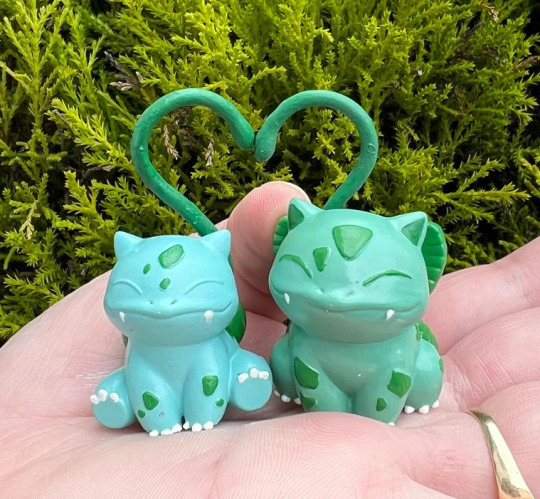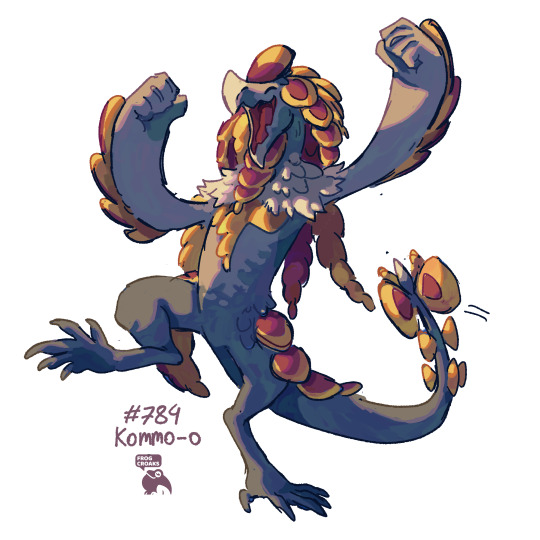Hello! My main hyperfixations are LOZ (lots of that is LU specifically) and HTTYD (THW does not exist) so you'll mostly see that but you'll occasionally see other things in there, like Iron Man, Fire Emblem Awakening, and FMAB. I'm also an aspiring writer, a cat lover, and a lover of beautiful art, so you'll see some things related to that too. If you do end up liking my stuff for whatever reason, you can check out more of my stuff on other sites. I am InnerGlow11 on AO3 but I'm very inconsistent with updates, you’ve been warned.
Last active 2 hours ago
Don't wanna be here? Send us removal request.
Text

ALOLA! My third fave region, I love the tropical vibe, how homey it feels, the dex, the traditions and the little mechanics in the game. The human characters are so cool too :p and I love the designs for them
606 notes
·
View notes
Text
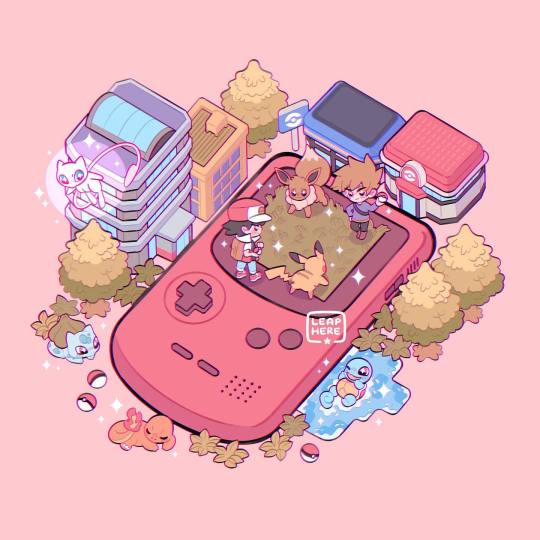

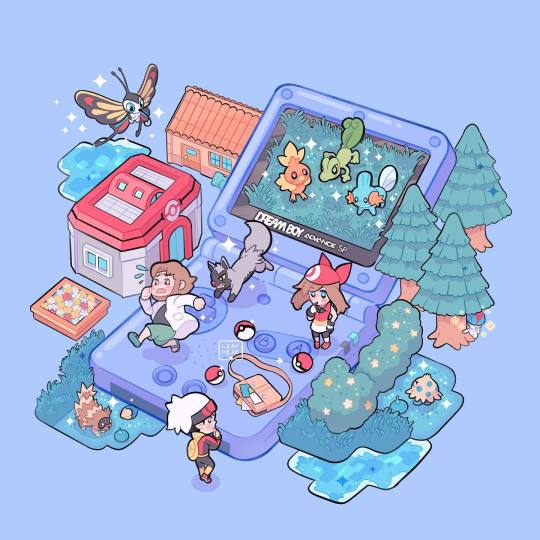
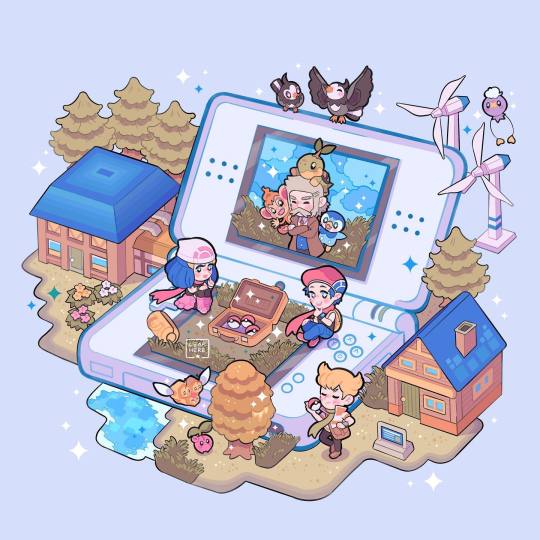
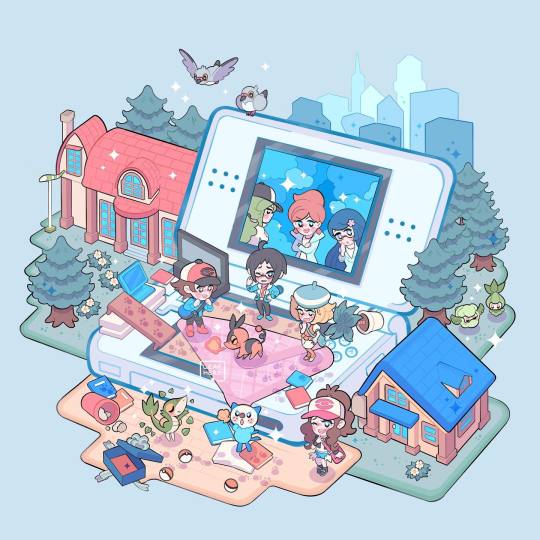
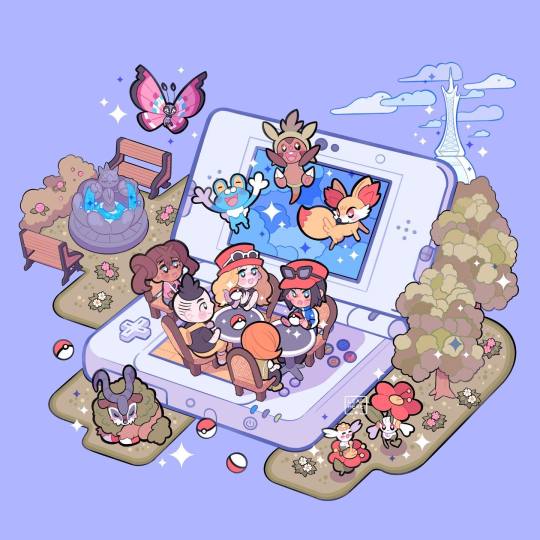
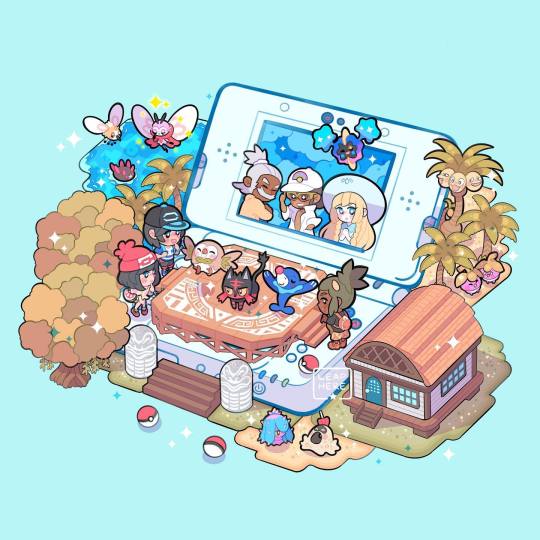
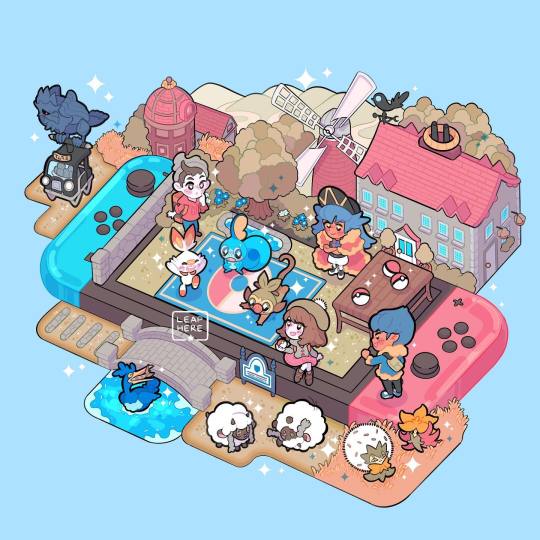
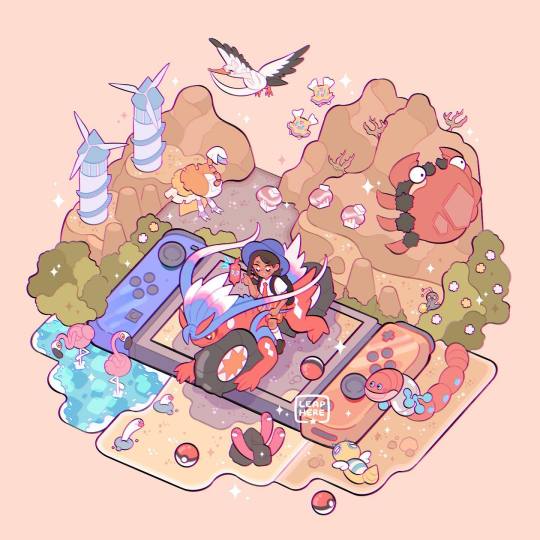
pokemon dioramas from gen 1 to 9
credit: leaphere on instagram
4K notes
·
View notes
Text

day eighty three fucking OUPPYYYYY genuinely probably one of my favorite ouppies yever. really aweksome
27 notes
·
View notes
Text
"I don't like the fandom content this person posts!"
Then unfollow them.
"I'm not following them, but they're in all the tags!"
Then block them.
"I blocked them but all the people I follow reblog their posts!"
Then unfollow those people.
"But I like their other content!"
Then add the person's username to your blocklist.
"But—"
No. Stop. Listen. You cannot control what other people post or how they interpret your favorite characters or what ships they like. All you can control is your own actions and your public responses. Block them, filter out their username, then post your own stuff to carve out a space for yourself and people like you in your fandom. You will be a million times happier if you focus on what you're doing and what you enjoy instead of on the people you don't like.
19K notes
·
View notes
Text
Forever obsessed with Hiccup and Toothless hanging in the stables.
These are older screenshots but…

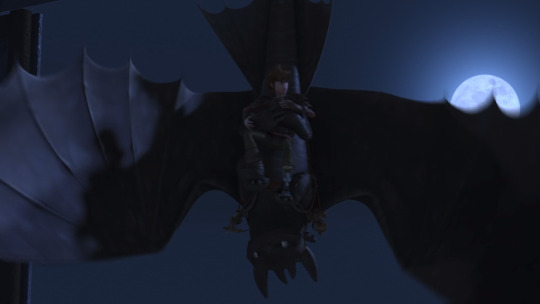
2K notes
·
View notes
Text
no sentence fills me with utter loathing so much as "i asked chatgpt"
52K notes
·
View notes
Text
i dont consider myself a 'fashion guru' by any means but one thing i will say is guys you dont need to know the specific brand an item you like is - you need to know what the item is called. very rarely does a brand matter, but knowing that pair of pants is called 'cargo' vs 'boot cut' or the names of dress styles is going to help you find clothes you like WAAAYYYY faster than brand shopping
172K notes
·
View notes
Text
I love movies where the plot takes place in less than a day. It’s like. What if these people were experiencing the worst 8 hours of the entire lives and you got to see the highlight reel?
17K notes
·
View notes
Text
PURE UNADULTERATED HATRED and CONFUSION for JURASSIC WORLD 4
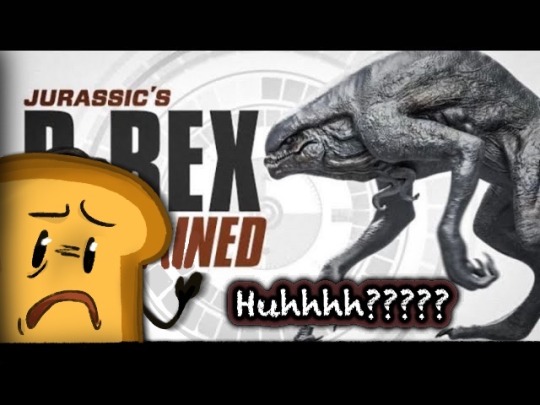
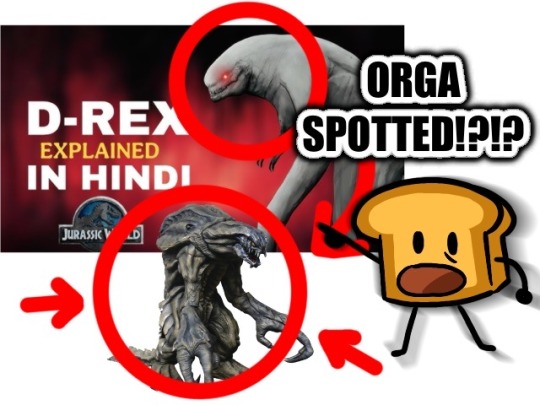
Like you guys do not understand the traumatic experience I had watching Jurassic World 3.  That movie is genuinely the worst movie I have ever watched.
Let me just set the scene on which I watched JW3.
This was back in 2022. I had already seen Jurassic World 2 (2018) and realized it sucked BAD (extremely). So I told my dad this and he didn’t believe me. He said it was going to have the original cast, and it was going to be good because it’s Jurassic Park 👹
I only agreed because he had already bought the tickets. So now my entire family, including some extended family came to the theater altogether.
It was bad.
It was more than just bad.
This movie was 2.5 hours…long and not good.
And we had to sit through horrible CGI “dinosaurs”, human cloning, 2ft Grasshoppers, a Star Wars Bar scene, cowboys lassoing dinosaurs, awful sound design screaming in my ears, a plot you can see a mile away, and really shitty acting.
When we all walked out of that theater, everyone was speechless. Except me, who was laughing hysterically because my dad had the saddest face I had ever seen. This movie BROKE him.
And now they are making a Jurassic World 4.
I am crying from the GALL of these people to make another movie.
And the new mutant “dinosaur” had me QUIVERING with laughter, because a friend of mine asked ‘does it look like anything you’ve ever seen?’ and it DID.
It looks like Ogra, the kaiju villain from Godzilla 2000 and I’m crying on the floor 😭😭😭
154 notes
·
View notes



